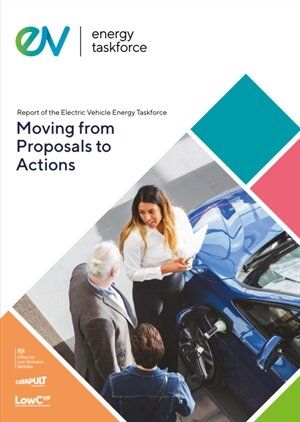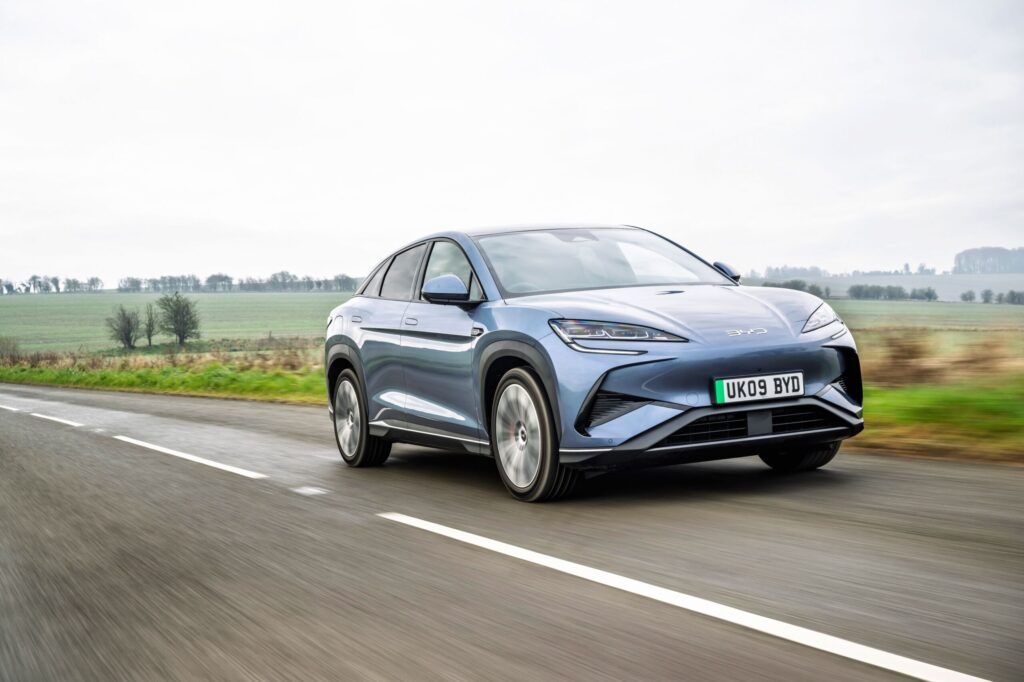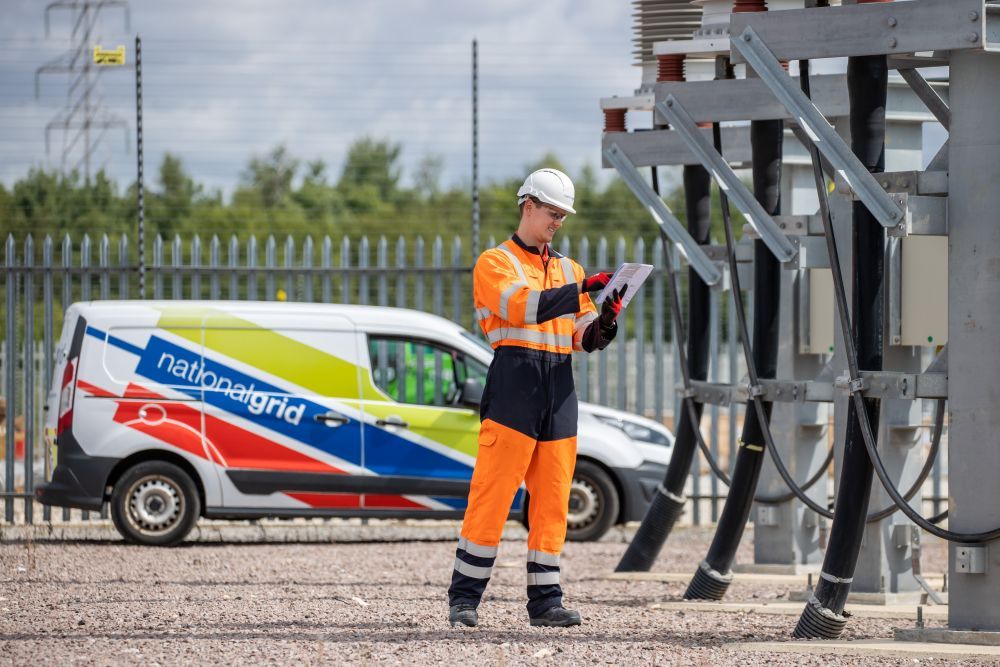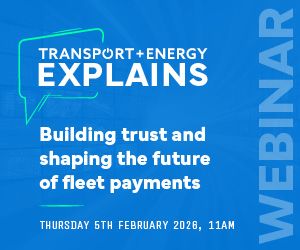The Government-backed Electric Vehicle Energy Taskforce (EVET) is now moving to the next stage of its development following its initial findings in January.
The move, which was outlined at an event on 22 October, will see the EVET convene four working groups who will take the next steps to drive the transition to electric vehicles as part of the government’s ‘road to zero’ strategy.
It follows the first report by the group –‘Energising our Electric Vehicle Transition’ – which identified 21 proposals on the challenges and benefits to the electricity networks and EV users as UK road transport is electrified.
The taskforce will now turn to action plans, looking at priorities and activities to enable growth of the market across four themed working groups: Planning Energy & Transport; Consumer Experience; Smart Charging & Cyber Security; and Data Accessibility & Privacy.
The EV Energy Taskforce, has now published a new report – ‘Moving from Proposals to Actions’ – prepared by the Energy Systems Catapult with stakeholder support, identifying where urgent action needs to be taken from amongst the Taskforce’s original 21 proposals.
The priority actions will be taken forward by the four working groups. The highest priority items include:
- Delivery of a resilient charging infrastructure
- Enabling smart charging
- A data access and privacy framework with Government and Ofgem.
- Coordination of industry’s consumer-facing information about EVs
- Collating evidence to facilitate effective electricity network investment.
- Supporting the delivery of high-quality public charging
- Ensuring the latest evidence of consumer requirements is available
The EV Energy Taskforce was established by ministers in 2018 and has, since its inception, engaged with more than 350 organisations from the energy, automotive and related sectors, many of them leading household names.
Its aim is to bring all the key organisations with a role to play in the electric vehicle transition together, to coordinate action and monitor progress against objectives. The Low Carbon Vehicle Partnership convenes and facilitates the work of the taskforce and it has cross-departmental support with both BEIS and the Department for Transport playing a critical role alongside other agencies across Whitehall and nationally.
Kwasi Kwarteng MP, Minister for Business, Energy and Clean Growth said: “The Electric Vehicle Energy Taskforce agenda is an important part of our efforts to electrify road transport and eliminate our contribution to climate change by 2050”.
Rachel Maclean MP, minister for the future of transport, said: “Thanks to our £2.5bn investment in plug-in vehicle grants and charging infrastructure there’s never been a better time to switch to electric vehicles. I would encourage industry from across the board to get involved.”
Taskforce chair and Energy Systems Catapult Chief Executive, Philip New, said: “The original work of the EV Energy Task Force was the result of the engagement and support of a wide range of organisations from all parts of the EV charging ecosystem.
“I’m looking forward to helping strengthen these relationships as we work together on turning the proposals into action, so that UK drivers can benefit from a great charging experience, UK innovators can scale up great solutions, and our electricity system, which is leading the way in reducing emissions, remains resilient, reliable and great value for bill payers.”
Andy Eastlake, the Low Carbon Vehicle Partnership’s Managing Director said: “Achieving Net Zero in road transport will require a collaborative and highly integrated systems approach.
“There is already a raft of really exciting and innovative activities in this space, but bringing them all together is crucial if we’re to achieve the best results for consumers and the energy systems on which we depend.
“The EV Energy Taskforce is an excellent example of the kind of cross-sectoral partnership that we’re going to need to achieve our 2050 target.”











